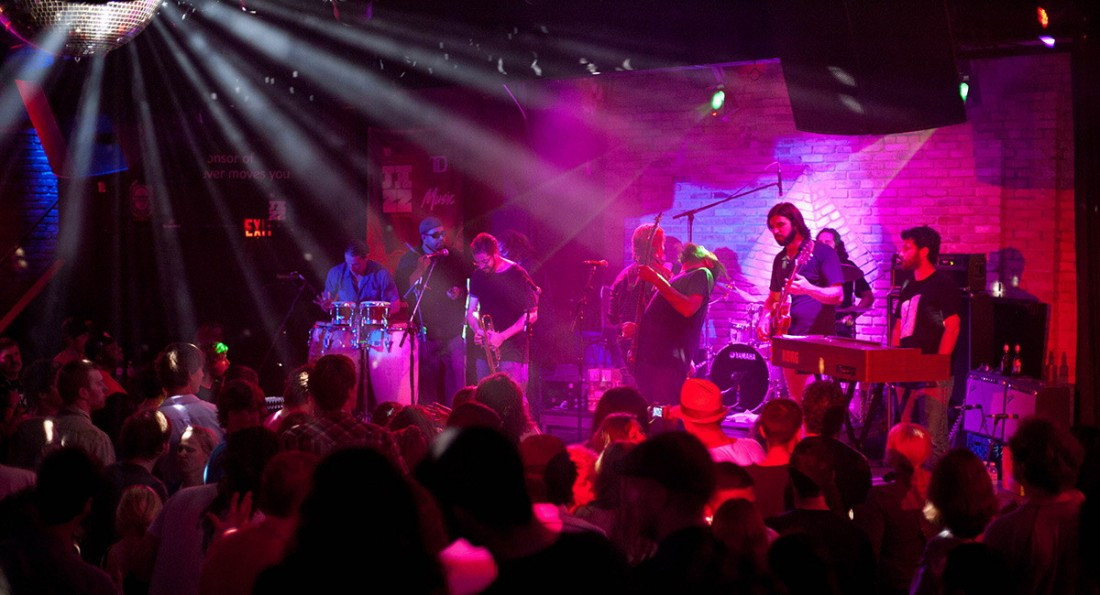Taking a Year of Music beyond 2014
More liquor, more often
2014 will be an exceptionally exciting year for Winnipeg’s music scene. It’s Manitoba’s Year of Music and we’re hosting JUNO week, Aboriginal People’s Choice Awards, Breakout West and the Western Canadian Music Awards, all on top of all the usual great Manitoba festivals.
Additionally, this year our liquor laws are being pulled out of the 1950s.
Inbound to Winnipeg, provincial and federal dollars will be followed by musicians and music fans from across the country. These national events will mean concert goers will have more opportunities to see top-rate acts, and Winnipeg’s finest will be showcased for movers, shakers, and tastemakers from across the continent.
While I’m excited as the next person about the remarkable shows I’ll consume in the next 12 months, I’m just as interested in the long-term impacts of this year. How will 2014 help Winnipeg’s grassroots music scene evolve to punch even higher above the population belt for top quality content?
Let’s talk about the driest component: changes to our liquor regulations.
I’ve had the opportunity to play bars and venues across many provinces and states, spending afternoons and evenings exploring a new neighbourhood each day. My favourites? The ones filled with small coffee shops and smaller bars with even smaller stages.
Winnipeg has wonderful, arts-filled neighbourhoods, but our small venues are precarious and seemingly in constant flux (props to the few who have held it down over the years, but I prefer counting with more than one hand). Our music community has made due with many creative solutions – from art spaces to the basements of Thai restaurants, I’m constantly impressed with the ingenuity of hard working ‘Peggers.
But we can make it so much easier by liberalizing our liquor regulations.
This year, the Provincial government is loosening the requirements for holding a cabaret license: meant for music venues, it’s a liquor license allowing an establishment to serve alcohol without serving food. By removing the 200 person minimum-seating requirement and adding DJs to the list of acceptable entertainment required for the license, the province has taken good steps in allowing small venues to succeed.
When a bar is not forced to operate a kitchen, their overhead costs plummet. This food-free license for venues means having bands play for small crowds is much easier on the establishment’s bottom line.
Yet this hardly goes far enough. The initial legislation has been a shot over the bow, and a lot of the policy will come together as the bill’s regulations are drafted. The cabaret license requires venues to book entertainment every night and limits its hours of operation (8 pm to 2 am). These clauses should be removed.
Even if my wildest alcohol-liberalization dreams are met, Winnipeg isn’t going to suddenly turn into Brooklyn or Montréal (something about population) – this is one of a thousand pieces. But at the least, by loosening up liquor regulations and allowing small venues more sources of revenue with less expenses, small establishments will have a better chance at turning a profit while cultivating our local musicians and allowing me to consume more great art and even more great hops.
See you at Big Fun, friends.
Darcy Penner is a University of Winnipeg Politics graduate who currently works as a policy advisor for community economic development organizations. He plays in Les Jupes and Salinas.
Published in Volume 68, Number 16 of The Uniter (January 15, 2014)







